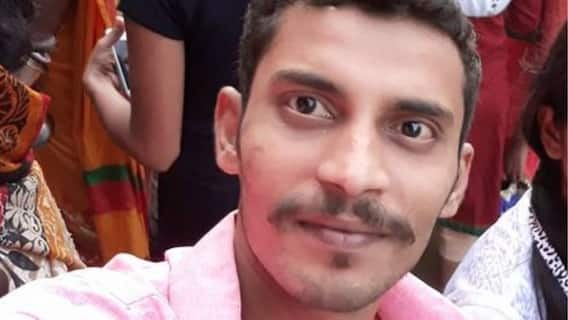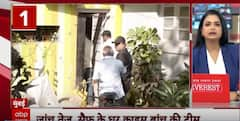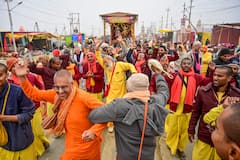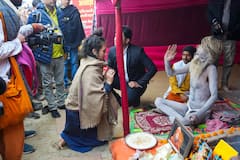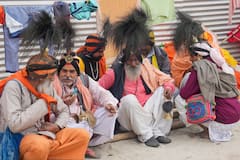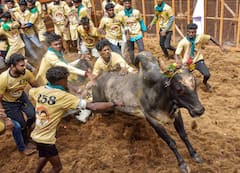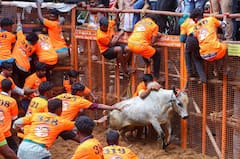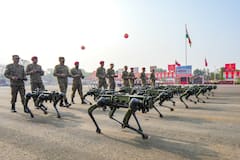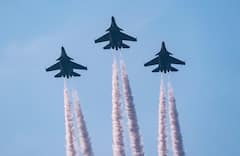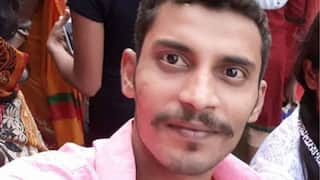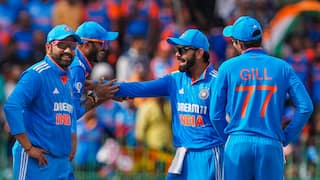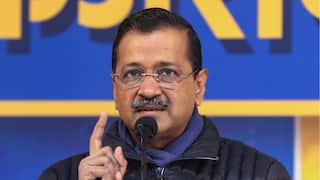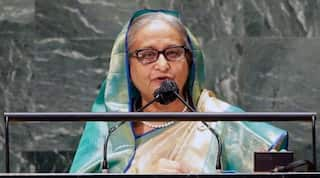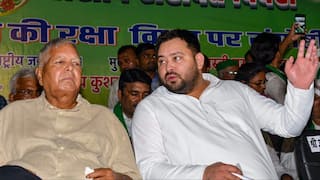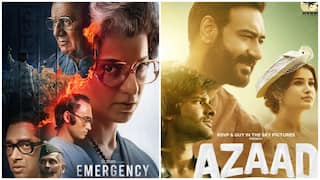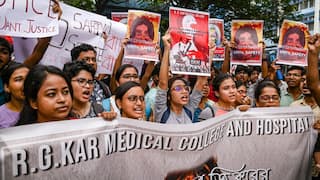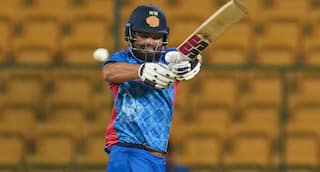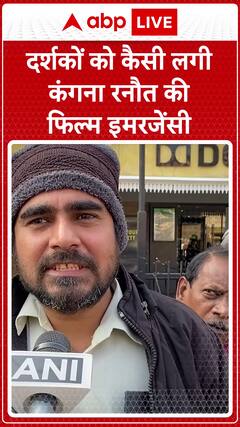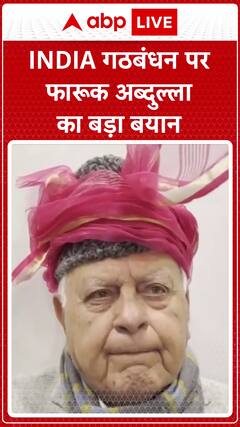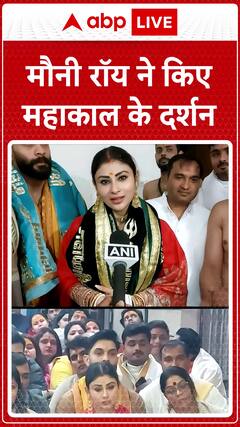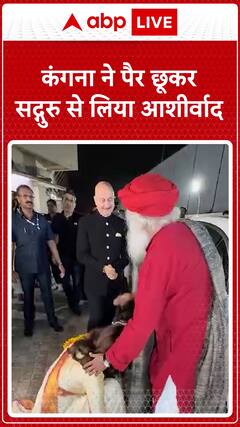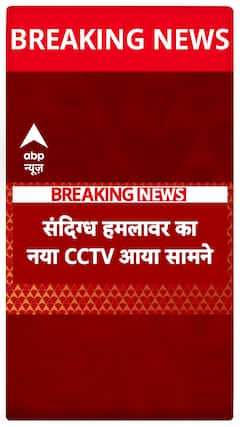'Waste Of Supreme Court's Time': Minister Kiren Rijiju On PIL Against Govt's BBC Series Ban
BBC Documentary: According to Chief Justice DY Chandrachud, the petitions will be heard by the Supreme Court the following week.

New Delhi: Law Minister Kiren Rijiju slammed those petitioning the Supreme Court challenging the Centre's decision to block a BBC documentary on the 2002 Gujarat riots, saying that this is how they "waste" the top court's precious time. Responding via Twitter to reports that N Ram, a veteran journalist, activist lawyer Prashant Bhushan, and others have filed a petition with the Supreme Court to challenge the Centre's decision to block the documentary "India: The Modi Question" on social media.
Rijiju said that "this is how they waste the precious time of Hon'ble Supreme Court where thousands of common citizens are waiting and seeking dates for justice".
This is how they waste the precious time of Hon'ble Supreme Court where thousands of common citizens are waiting and seeking dates for Justice. https://t.co/5kouG8Px2K
— Kiren Rijiju (@KirenRijiju) January 30, 2023
On Monday, a bench headed by Chief Justice D Y Chandrachud heard the arguments of lawyer M L Sharma and senior attorney C U Singh, who were representing N Ram and Bhushan, and asked for the urgent listing of their respective PILs on the matter.
The Center issued instructions on January 21 to block multiple YouTube videos and Twitter posts containing links to the contentious BBC documentary.
The documentary, according to the BBC, was "rigorously researched" and featured a wide range of viewpoints, including BJP responses.
Also Read: Budget 2023: Things To Watch Out For In Last Full Budget Of Modi Government
According to Chief Justice DY Chandrachud, the petitions will be heard by the Supreme Court the following week.
In one of the Supreme Court petitions, an attorney named ML Sharma opposed the government's move. Later this week, a separate petition filed by lawyer Prashant Bhushan, journalist N Ram, and Trinamool Congress MP Mahua Moitra to remove links to the documentary on social media will be considered.
In protest of the ban, student organisations and opposition parties across India have held public screenings of the documentary. In many colleges, students fought with college officials and the police, and some were briefly detained.
A Supreme Court-supervised investigation led to PM Modi's exoneration in 2012, and a petition challenging his exoneration was rejected last year.
A spokesperson for the foreign ministry described the documentary as a "propaganda piece" designed to promote a "discredited narrative" last week.
Trending News
Top Headlines








